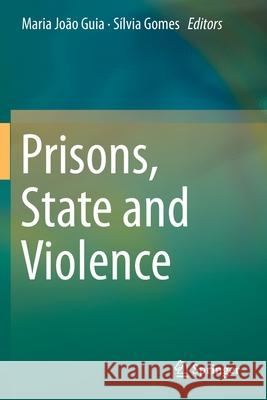Prisons, State and Violence » książka
topmenu
Prisons, State and Violence
ISBN-13: 9783030130794 / Angielski / Miękka / 2020 / 177 str.
Prisons, State and Violence
ISBN-13: 9783030130794 / Angielski / Miękka / 2020 / 177 str.
cena 385,52 zł
(netto: 367,16 VAT: 5%)
Najniższa cena z 30 dni: 382,84 zł
(netto: 367,16 VAT: 5%)
Najniższa cena z 30 dni: 382,84 zł
Termin realizacji zamówienia:
ok. 20 dni roboczych.
ok. 20 dni roboczych.
Darmowa dostawa!
Kategorie:
Kategorie BISAC:
Wydawca:
Springer
Język:
Angielski
ISBN-13:
9783030130794
Rok wydania:
2020
Wydanie:
2019
Ilość stron:
177
Waga:
0.27 kg
Wymiary:
23.39 x 15.6 x 1.04
Oprawa:
Miękka
Wolumenów:
01
Dodatkowe informacje:
Wydanie ilustrowane











